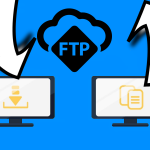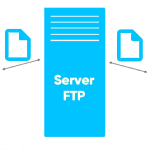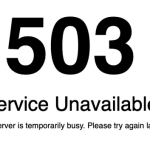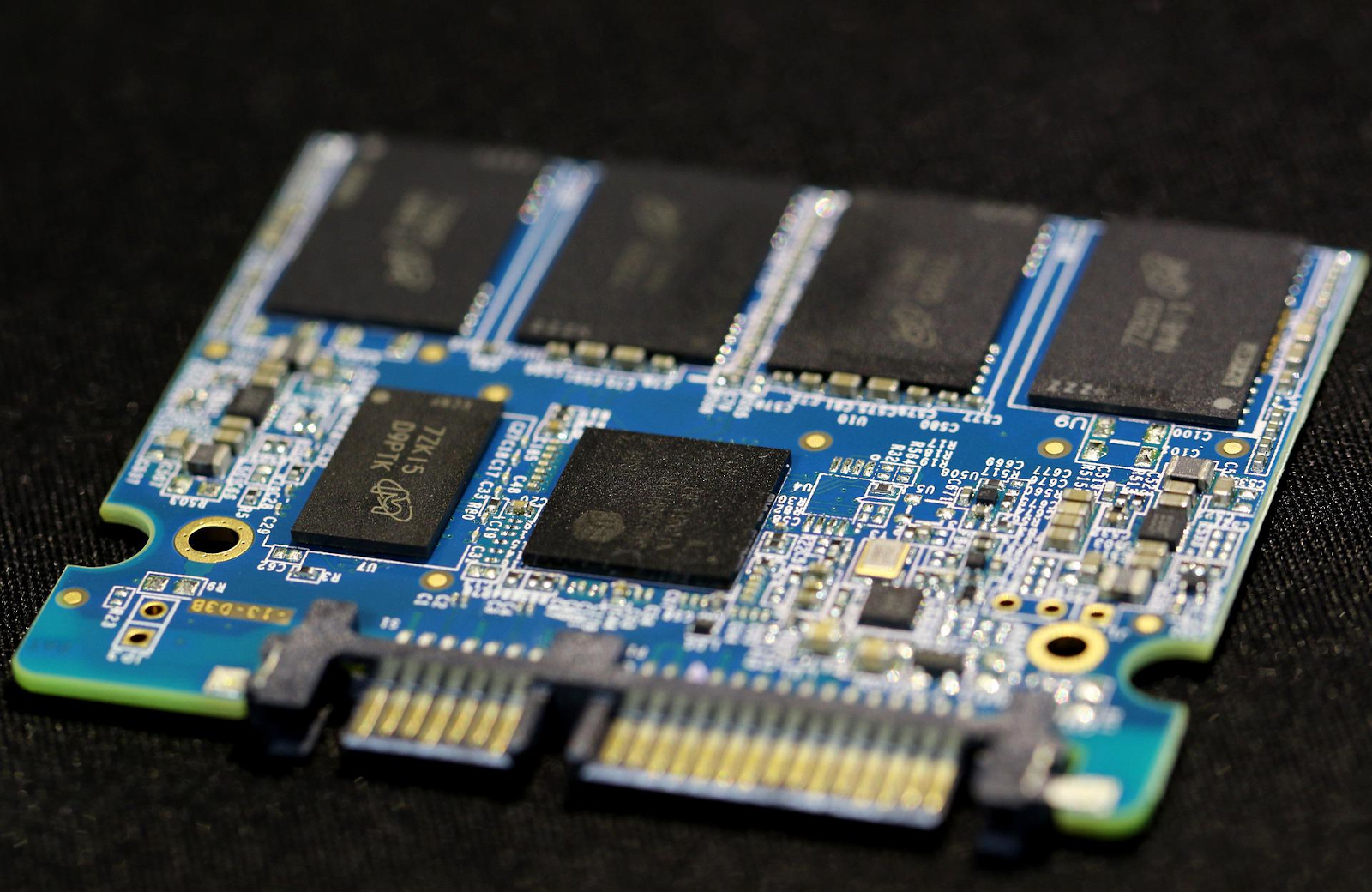In this post, we will be exploring the difference main between normal and jailed shell, and what the terms stands for.

What is Normal Shell?
This option can grant the user access to the shell with no limitations.
What is Jailed Shell?
This option can grant the user access to a jailed shell, which limits the user’s ability to run certain commands that could harm your server.
A jailed shell environment enhances security for shell account users by restricting access to data beyond their personal home directory. Unlike a regular shell environment, this setup ensures that users cannot interact or retrieve information from outside their designated directory. It provides an extra layer of protection and enables a friendlier user experience while upholding strict security measures.
A jailed shell environment enhances security for other users of a server, unlike a normal shell environment. This added security is beneficial for everyone involved.
Users using the jailed shell environment can run otherwise-unavailable commands (for example, crontab and passwd).
If you activate a restricted shell on a server running CloudLinux™, it might create a security risk due to symbolic links pointing to files outside of the confined directory. To address this, you need to enable link traversal protection.
Remember the important keywords:
- Shell
- Security vulnerability
- Symlinks
- CloudLinux™
- Link traversal protection
The tone should be friendly and avoid generating a direct translation.
How to change (enable) Shell Access in WHM cPanel?
To modify the user’s shell access, please navigate to WHM, then go to Account Functions and select Manage Shell Access. In this section, you will find a list of cPanel users and the option to modify their access.
How to change Shell Access in DirectAdmin?
- To access your reseller account on DirectAdmin, follow these simple steps:
- Sign in to your DirectAdmin reseller account.
- Navigate to the Account Manager section and select List Users.
- You will see a list of all the active user accounts in your DirectAdmin.
- Click on the username of the user you wish to give SSH access to.
- Grant SSH access by selecting the appropriate option and click Save button.
That’s it! You have successfully granted SSH access to the desired user.
Let’s talk about Jailed shell
A jailed shell refers to a command shell on a computer system that operates within a separate and isolated portion of the overall system. Essentially, it acts as a “system within a system,” ensuring that any activities or operations conducted within this confined environment do not negatively impact the larger system. Users within the jailed shell are provided with limited access to system tools and resources and are unable to escape or breach the boundaries into the main system.
Chroot jail – type of Jailed shell
A jailed shell, known as a chroot jail (a type of jailed shell), is a secure environment that creates a new system root within the jail. Originally developed in the late 1970s for Unix systems, chroot provides a safe testing environment. Nowadays, it serves various purposes in modern systems such as safeguarding a networked system against hackers and establishing an isolated environment specifically vulnerable to viruses and malware. Its functionality as a jailed shell is highly beneficial in ensuring system security.
What are the other types of jails?
Introducing three powerful features to enhance your system’s security and protect your valuable data.
With our SSH jail, users logging in remotely via a secure shell will have their own restricted and isolated environment, giving you peace of mind and added control.
Our SFTP jail creates a secure and confined space for file transfers, preventing any unauthorized access to sensitive information.
Lastly, our MAIL jail ensures that your email processing remains protected from any potential harm caused by malicious software, offering a safe environment for your communication needs. Upgrade your system’s security now with advanced jailed shell features.
Jail shell tools your should know
If you’re looking to create a jailed shell, there are several helpful tools available, such as the jailkit utility. This utility can be found on various Unix-like operating systems, including Linux, OpenBSD, FreeBSD, and macOS. So, whether you’re using any of these platforms, you can easily set up a jailed shell.














